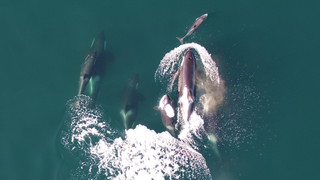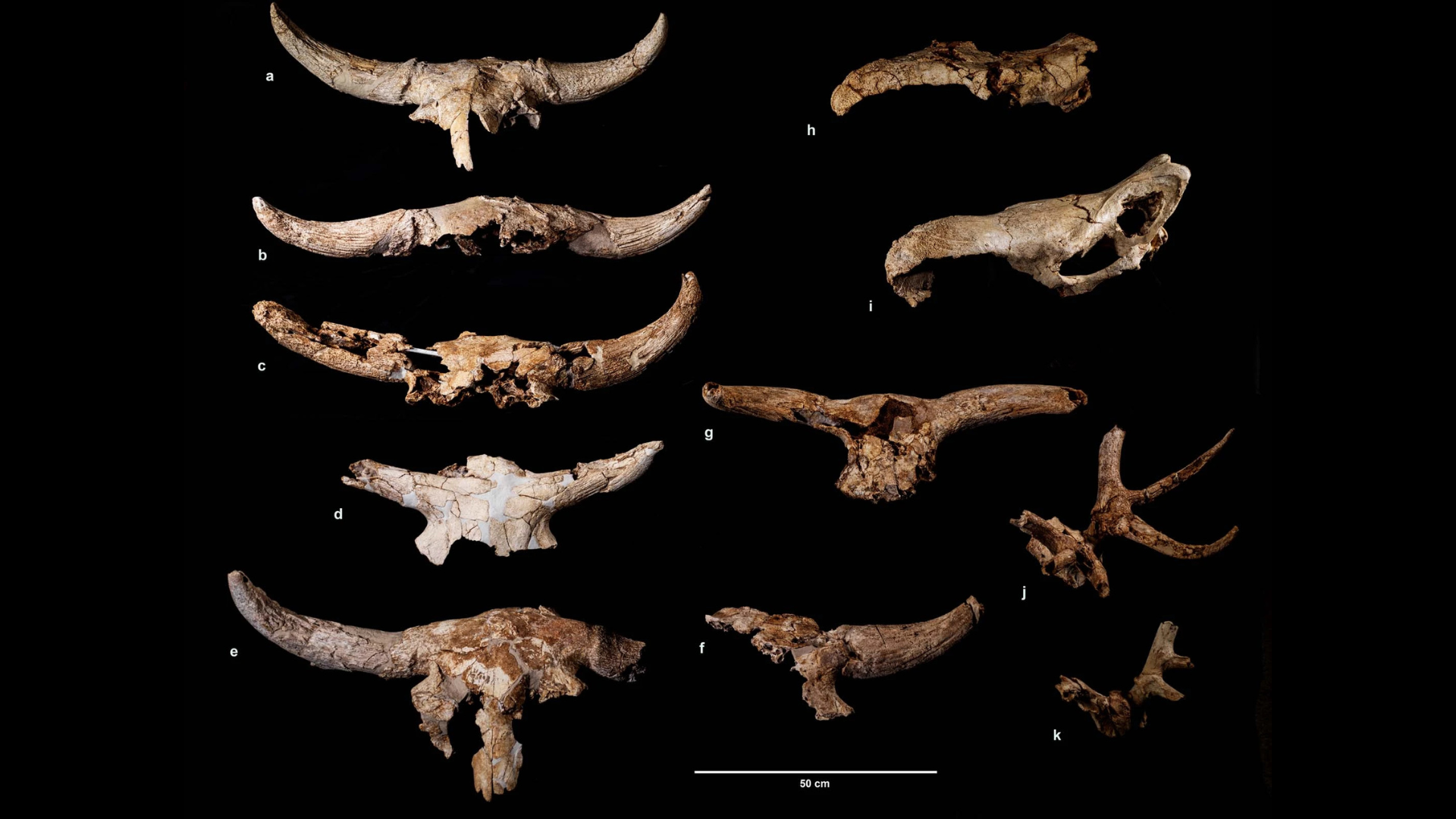Animal news, feature and articles
Explore Animals
Editor's Picks
Latest about Animals
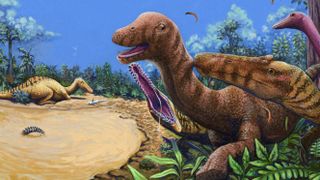
Spinosaurus relative longer than a pickup truck stalked Thailand's rivers 125 million years ago
By Patrick Pester published
A large fish-eating dinosaur died beside a river 125 million years ago in Cretaceous Thailand. Now, the remains of this ancient predator are helping researchers better understand Asia's enigmatic spinosaurids.
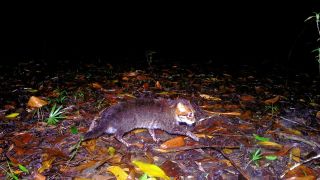
Flat-headed cat not seen in Thailand for almost 30 years is rediscovered
By Patrick Pester published
Conservationists are celebrating the rediscovery of flat-headed cats in Thailand after camera traps recorded the endangered feline for the first time in almost 30 years.

Last of its kind dodo relative spotted in a remote Samoan rainforest
By Whitney Isenhower published
The manumea, a critically endangered ground pigeon and one of the closest living dodo relatives, has been spotted multiple times in a remote Samoan rainforest.

Cats meow more at men to get their attention, study suggests
By James Price published
A small study reveals that cats greet male owners more vocally than female ones. But the findings could be a result of cultural norms among the participants, rather than a universal cat behavior, scientists say.
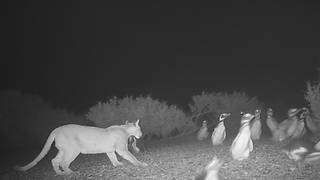
Pumas in Patagonia started feasting on penguins — but now they're behaving strangely, a new study finds
By Skyler Ware published
Pumas in Patagonia, Argentina are eating penguins in a national park — and it's changing how the big cats are interacting with each other.
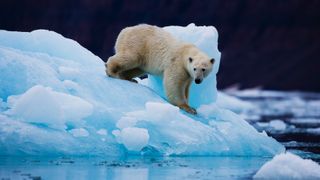
Polar bears in southern Greenland are 'using jumping genes to rapidly rewrite their own DNA' to survive melting sea ice
By Sarah Wild published
Warming temperatures appear to be driving genetic mutations in some polar bears to help them survive the shifting climatic conditions.
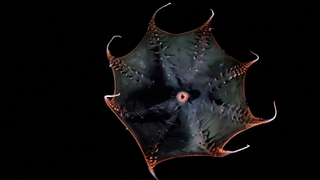
Scientists finally sequence the vampire squid's huge genome, revealing secrets of the 'living fossil'
By Kenna Hughes-Castleberry published
The genetic link between squids and octopuses may just be found in the vampire squid genome.
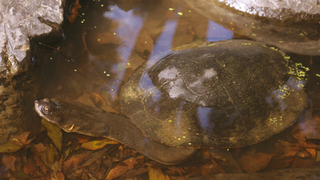
Can a turtle tuck its head all the way inside its shell?
By Emma Bryce published
Turtle shells evolved over the course of 300 million years, but self-defense wasn't the initial driver, researchers think.
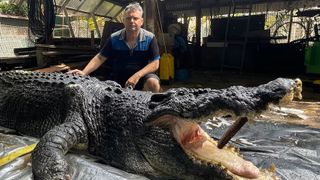
Cassius the giant crocodile died from sepsis after 40-year-old dormant infection burst from 'abscess,' necropsy reveals
By Sascha Pare published
Cassius was an 18-foot-long saltwater crocodile living in captivity in Marineland Crocodile Park in Australia. He died last year at the age of about 120, and we finally know why.
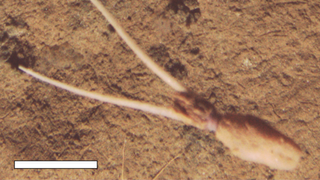
'Very novel and very puzzling': Unknown species of squid spotted burying itself upside down, pretending to be a plant
By Kenna Hughes-Castleberry published
A new study reveals an unknown species of whiplash squid burying itself upside down in the deep sea — a first-of-its-kind behavior for cephalopods.
Get the world’s most fascinating discoveries delivered straight to your inbox.
 Live Science Plus
Live Science Plus





